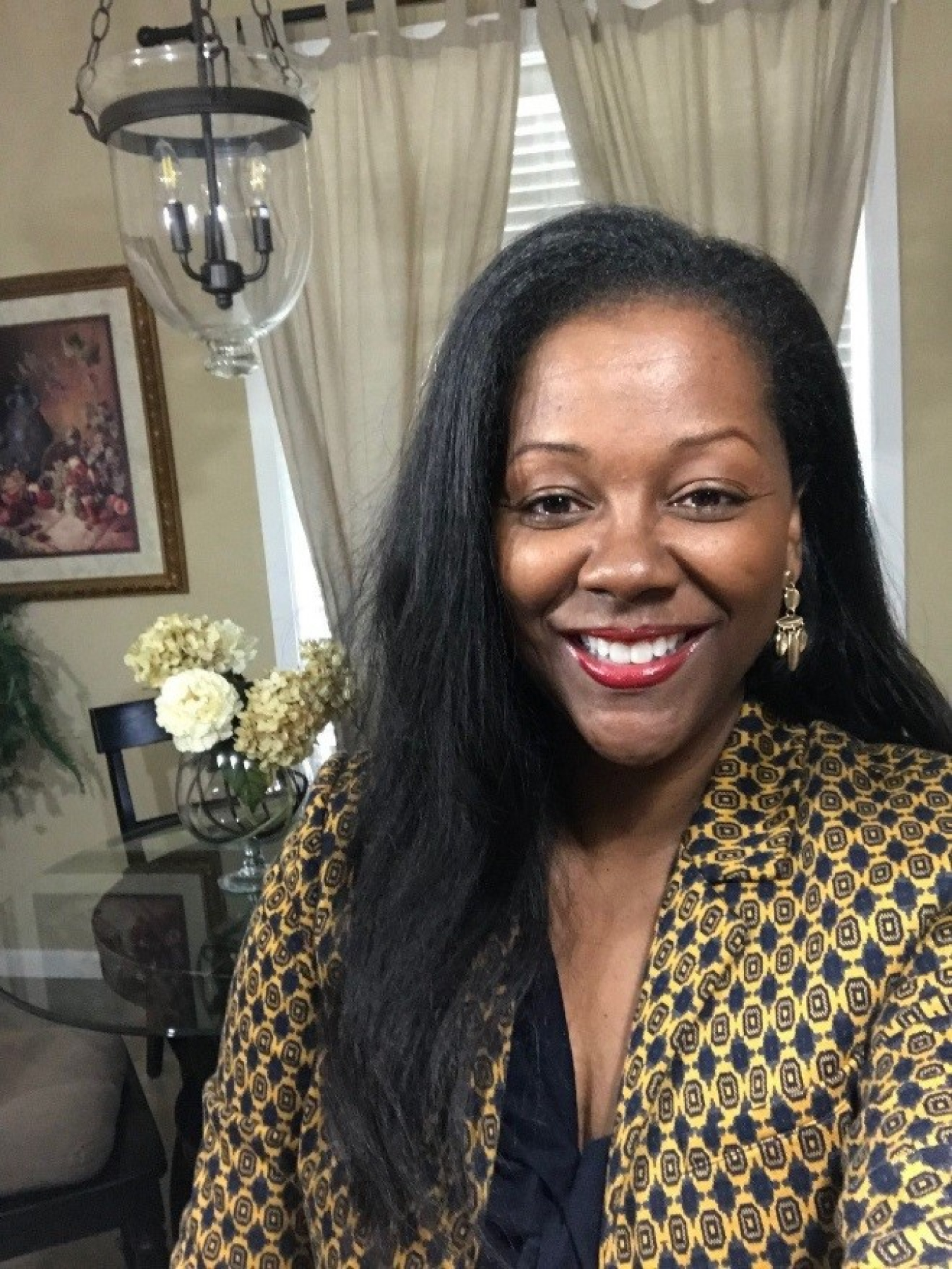Working in a STEM field for almost twenty-five years has provided Harper with a personal perspective about the need to increase STEM literacy.
February 22, 2019
Her dedication to teaching girls how to rise up as compassionate, intelligent leaders has earned Kimberly Harper, with DOE’s Pacific Northwest Site Office, the 2019 Dr. Martin Luther King Jr. Spirit Award. Columbia Basin College, just a short drive from Harper’s office in Washington State, presents the award to a person who exemplifies King’s teachings.
Harper deeply enjoys serving her community and mentoring others. Her community engagements include being a founding member of the Tri-Cities Young Leaders Society and serving as president for her class of Leadership Tri-Cities. She’s also served on the United Way Board of Directors, as Local Federal Campaign Chairperson for the CFC, and as a past president of the local National Association of Black Chemists and Chemical Engineers chapter.
Helping Leaders Emerge
Her passion for community is what led Harper to start her own mentorship program several years ago. The program serves local middle and high school girls. The e-MERGE Program, based out of a local school district, focuses equally on three areas that embody King’s view of education. These foci are science, technology, engineering, and mathematics [STEM] literacy; leadership; and community engagement. The program provides a powerful message: “You can be role models, and you can start now!”
Working in a STEM field for almost twenty-five years has provided Harper with a personal perspective about the need to increase STEM literacy in our future workforce. “No matter their chosen field of study,” said Harper, “STEM literacy will make them better equipped to navigate our ever-changing world.”
The program gives the participants a chance to gain diverse views, an integral part of all three foci. One of the program’s mentors was a corporate trainer, so the girls are absorbing leadership training that’s intended to challenge them. “We teach the girls to avoid quickly dismissing the perspective of another person,” said Harper. “The greatest teams always have a collective of diverse ideas and approaches to problem-solving.”
A team of women, including engineers, educators, winemakers, and several high schoolers who grew up in the program, get together each month and brainstorm e-MERGE activities. They build the sessions around a common theme. They then find speakers, arrange field trips, and organize activities that collectively incorporate the three foci. “It’s such a fun time,” said Harper. “It is one of the highlights of my month.”
A Natural Mentor
Mentoring comes easily to Harper, who fondly remembers helping her younger brothers and sisters. “We grew up with a sense of community, knowing that we could achieve anything as long as we got an education and held on to our faith,” said Harper. “If you valued those two things, there wasn’t anything that you couldn’t achieve. And if you achieved something, you had a responsibility to share your know-how.”
Her family’s encouragement and her own hard work led her to graduate from the University of Arkansas at Pine Bluff. A serendipitous stop by a job fair in her senior year led her to DOE. “The fact that I could contribute to the nation’s nuclear and energy security was compelling,” said Harper. “What a great opportunity to use my chemistry degree and to lay a foundation for my daughter.”
With DOE, Harper started on the team overseeing the deactivation and decommissioning of Hanford’s nuclear processing facilities and laboratories. She recalls receiving a certificate and in-person thank-yous from Secretary of Energy Bill Richardson and Senator Patty Murray for the deactivation of B Plant four years ahead of schedule with over $100 million in savings to the taxpayers. “That experience also highlighted the importance of teamwork and respecting the contribution of each individual – a message that we try to drive home with e-MERGE.” Now she reviews research proposals and ongoing efforts at DOE’s Pacific Northwest National Laboratory.
Receiving the MLK Spirit Award has been a great honor, but Harper’s eyes truly light up when she talks about the first group of e-MERGE participants to graduate from high school later this year. As she writes recommendation letters for them, she makes sure to emphasize each participants’ strengths, leadership skills, and community service. These attributes underpin the types of leaders these women are becoming. “For me, the greatest gift is watching them take flight!”

